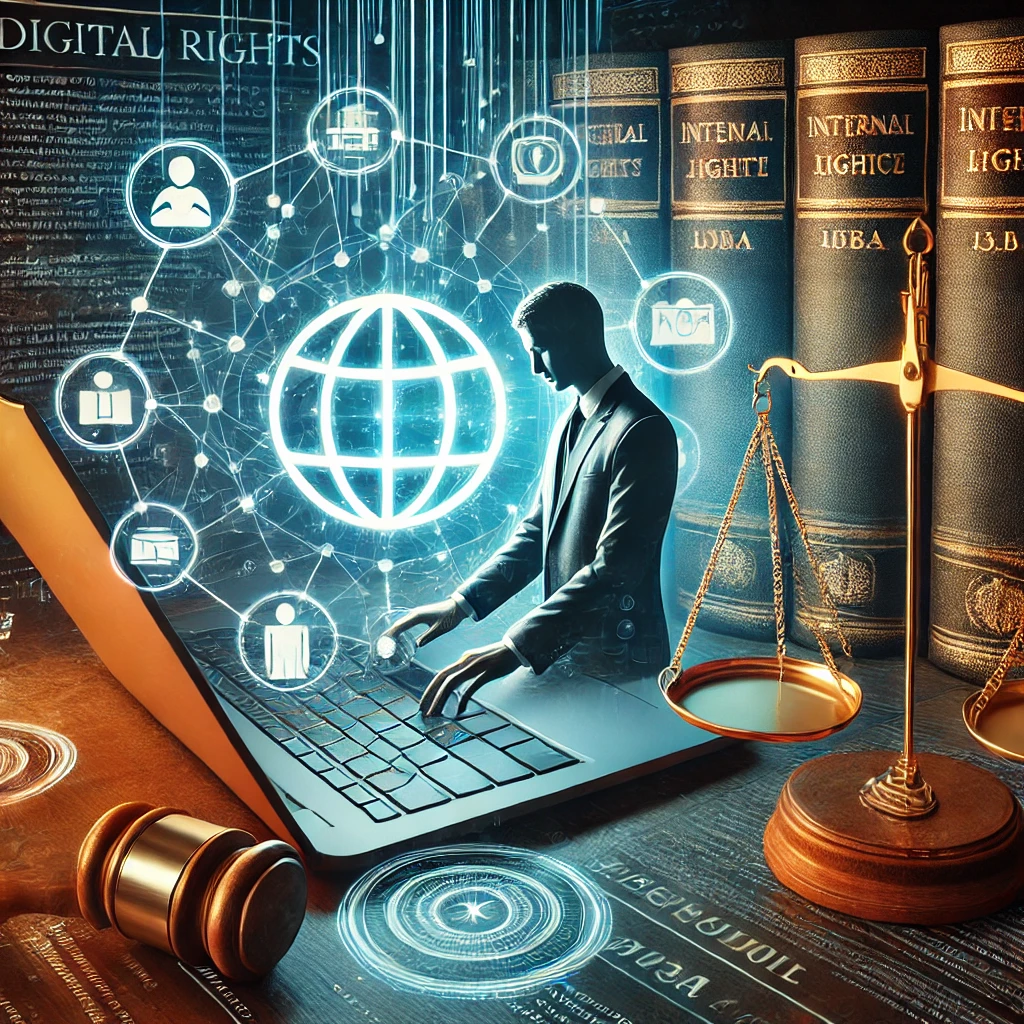Cyber Law at Singapore
Singapore has established a comprehensive legal framework to address cybercrime, data protection, and cybersecurity, aligning with international standards and regional initiatives. Here's an overview of the current landscape:
1. Cybercrime Legislation
Computer Misuse Act (CMA): Enacted in 1993 and amended to address evolving cyber threats, the CMA criminalizes unauthorized access to computer material, unauthorized modification of computer material, and the unauthorized interception of computer services. Recent amendments introduced in 2023 include provisions to criminalize the disclosure of Singpass credentials to facilitate offenses, the dealing in personal information obtained through CMA violations, and the possession or distribution of hacking tools. Additionally, the CMA now applies extraterritorially if the offense causes significant harm to Singapore.
2. Cybersecurity Framework
Cybersecurity Act: Passed in 2018 and amended in 2024, the Cybersecurity Act establishes a legal framework for the oversight and maintenance of national cybersecurity. It aims to strengthen the protection of Critical Information Infrastructure (CII), authorize the Cyber Security Agency (CSA) to prevent and respond to cybersecurity threats and incidents, establish a framework for sharing cybersecurity information, and implement a light-touch licensing framework for cybersecurity service providers. The Act has been updated to ensure that CII owners remain responsible for cybersecurity as they adopt new technologies and business models, such as cloud computing.
3. Data Protection
Personal Data Protection Act (PDPA): Enacted in 2012 and amended in 2020, the PDPA governs the collection, use, and disclosure of personal data by organizations in the private sector. It establishes obligations for organizations, including obtaining consent, notifying individuals, ensuring data accuracy, and protecting data. The Act also mandates the establishment of a Do Not Call Registry and provides for the enforcement of data protection obligations.
4. Digital Identity Protection
Protection from Harassment Act (POHA): Enacted in 2014 and amended in 2019, POHA addresses harassment, stalking, and other anti-social behavior, including cyberbullying and online harassment. The amendments introduced provisions to tackle offenses such as doxxing and simplified the process for victims to seek redress through a specialized court within the State Courts of Singapore.
5. Enforcement and Penalties
Non-compliance with these laws can result in significant penalties. For instance, under the Cybersecurity Act, failing to report a prescribed cybersecurity incident can lead to fines up to SGD 100,000 and/or imprisonment up to 2 years. Similarly, under the PDPA, organizations found in violation may face fines up to SGD 1 million or 10% of their annual turnover, whichever is higher.
For more detailed information or legal assistance, you may consult the official websites of the Cyber Security Agency of Singapore, the Personal Data Protection Commission, or the Ministry of Home Affairs.












comments